Remember The Terrible Twos? Hello, Tumultuous Twelves and Thirteens.
Middle School. The season of raging hormones and awkward changes. If you ask anyone who works with this age group what they notice the most in kids in Middle School, they will most likely tell you about that famous roller coaster of mood swings. From our perspective these emotional ups and downs are frustrating to say the least. And there’s a good reason for that, says Science.
Truth: Adolescents grow as fast as toddlers.
Terrible twos? Thundering threes? How about the Tumultuous Twelves, the Horrendous Thirteens, and the You’ve-got-to-be-friggin-kidding-me Fourteens? Kids at this age grow AS FAST AS TODDLERS. Let that sink in. As. Fast. As. Toddlers.
Think about those years. What does a mommy say about her flailing screaming two year old? “I need to feed this monster.” Or what about the sweet three year old who suddenly bites his sister? “Wow this one needs a NAP.”
Yes. Because most toddlers are 1) hungry and 2) tired when they are acting up. Why? Because they are growing at an incredibly rapid rate. These growth hormones in their little bodies are sabotaging their sweet demeanors more often than not. Do we discipline them? We certainly should, in an age appropriate manner. But we also give them an extra helping of grace and patience because we know that their little growing bodies are hindering their control. Our first line of defense is removing them from the situation to either feed them or sleep them. Many behavior issues are eased or prevented with a snack or with sleep because the body needs fuel and rest to develop and whether we like it or not, beneath those chubby cheeks and big eyes a LOT of work is going on.
This is why parents of middle school kids MUST understand the stage of physical development that their adolescent is in. Because in the same way, behind those acne dotted cheeks and that sparkly eye shadow, just as much work is going on. Just like a toddler, the adolescent’s body is working double time and will DEMAND food and sleep to fuel it’s growth.
This great article on Psychology Today’s website explains:
“During the adolescent growth spurt – around 12 for girls or 14 for boys – middle school students grow about as fast as toddlers. Growing that fast is DEMANDING. Kids are physically tired. And kids are hungry. It takes a lot of energy to build that much body mass. In addition to the obvious change in height, boys and girls increase both fat and muscle mass and need large amounts of calcium to support rapid bone growth.”
That is a LOT of growing!
Does this mean we should just allow middle schoolers to throw their fits? Absolutely not. What it means is rather than going straight to the “give me your phone” and “you’re grounded for a week” our first line of defense should be empathy.
What we can start with is this: “You seem a little hyper and unfocused. How about a snack? Do you want a granola bar or some string cheese?” “You are talking back to me and that’s not ok. I wonder if you’re extra tired. Do you want to go lay down in your bed for awhile, or rest on the couch?” This offers 1) understanding and 2) a solution that may be the exact tool your child needs to change their behavior and 3) a choice between two options, both of which get them fed or rested. If they are full and rested, and they are still troubled and acting up (which sometimes WILL happen), then we can tackle what else might be causing their behavior problems.
Look at it this way: If your car suddenly broke down, would you begin by taking the engine apart? Or would you first check to see if the gas tank is empty, and also make sure that the engine didn’t overheat? First check the basic needs, and if that doesn’t fix the problem, look deeper.
This approach also teaches kids to self regulate and recognize that their moods are often tied to their need for rest and nutrition. That is a tool that will undoubtedly help them as adults.
“But adults don’t get this special treatment” you might say. Adults aren’t growing as fast as a weed, either. We expect this age group to act like adults when they literally are not adults. When these kids are out of this stage they will be more capable of self regulation and impulse control than they are now.
But until then, a practical step to take as a parent or caregiver of an adolescent is to revert back to the days when we kept Cheerios and granola bars on hand for crabby toddlers. Keep some healthy snacks (and hey, a few cookies, too) on hand at home and on the go between meals. Send them to school with a banana and some crackers in their backpack for an afternoon pick-me-up. They’ll learn more and be less likely to act out.
Place boundaries around sleep times and ensure that your new or pre teen is getting enough sleep. Remember how you’d basically skip the second coming if it meant your 23-month-old would miss a nap? If that baby didn’t get that full hour they’d “be a terror”, remember? Apply that mentality to your middle schooler’s sleep. Plug electronics in far away from bed and keep distractions out.
You can read more detailed tips in this wonderful article.
Bottom line: Kids who are tired physically can’t focus or adequately control their impulses. Kids who are hungry are grumpy and defiant. Fuel them and rest them, and you’ll have happier, more cooperative kids. They won’t be perfect, this won’t solve all behavior problems and mood swings, but it will give their bodies what they need to grow and appease the hormone rage. They will have more control than they had when they were depleted.
Middle Schoolers are awesome and they deserve to be heard, cared for, and appreciated. They need guidance from adults who can see past their “immature” behavior and give them real solutions. Take time to get to know the stage of development your child is in. You’ll be able to apply empathy and understanding first and foremost, which always pays off.
One last thing: If your child is still struggling after all this, talk to a counselor and get some more advice. Therapy and counseling are a blessing. Do whatever you can to help your child thrive. You are not in this alone!


